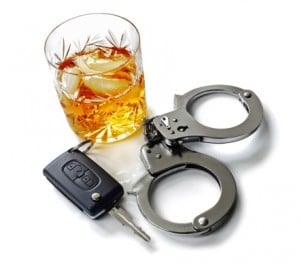Last week the state Supreme Court decided the case of Ashley Jourdan Coffey, who sued the state Department of Motor Vehicles when it suspended her driving privileges after a “wet reckless” charge.

Coffey hired an expert to testify at the DMV hearing that her blood-alcohol level was below the legal limit at the time of her arrest, and that it rose while she was in police custody, as the string of tests prove. The DMV hearing officer dismissed the expert testimony, saying that it didn’t coincide with the evidence provided by law enforcement, but the California Supreme Court agreed with Coffey that her expert’s testimony should have been considered in the proceedings.
This ruling sets a precedent because for the first time because it sets up some guidelines about how to handle a DUI defense when chemical tests are found to be inconclusive. Focusing on circumstantial evidence may be the key to a successful defense in this case and similar ones.
The gist of the holding is that now a DMV officer cannot outright reject testimony from an expert—instead, this testimony must be considered as evidence. This ruling could give circumstantial evidence (such as red eyes, odor of alcohol, and other subjective observations) greater importance in DUI hearings.
As a result of this ruling, field sobriety tests should now only be used to decide whether an office has probable cause to arrest a motorist and then subject him or her to blood and breath tests. Now, field sobriety tests can’t be the only way to prove impairment—other circumstantial evidence is needed as well.
The difference between DMV license suspension hearings and criminal court cases, though, is that the DMV hearings require less evidence to make decisions, whereas criminal court cases require more evidence to decide verdicts—proof beyond a reasonable doubt. Both proceedings require evidence, so the key questions become: how much evidence is needed to prove impairment? And could someone’s blood alcohol be technically over the legal limit, but he or she isn’t actually impaired?




